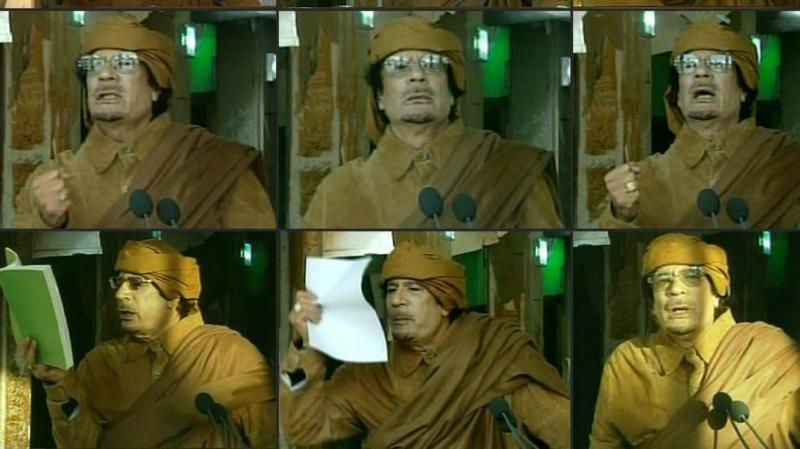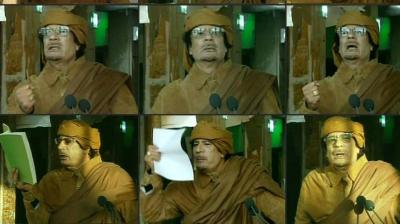Under the title "Symbols of Gaddafi to Freedom: A New Name Outside Tripoli Prison," the Al Arabiya website reported that Libyan authorities opened a new chapter of reconciliations in the country, putting aside years of conflicts and disputes. In recent hours, new names from the late Colonel Muammar Gaddafi's era have emerged with the announcement of their release by Tripoli. Among those names, the head of the Presidential Council, Mohammed Menfi, announced the release of Major General Naji Harir, who is described as a prominent leader in Gaddafi's previous regime.
Libyan news agency reported that Harir's release came "as part of the national reconciliation process," which was announced by the Presidential Council head Mohammed Menfi this week, following the release of Saadi Gaddafi, the son of the former Libyan leader Muammar Gaddafi.
Former regime officials to freedom
It is noted that Libyan authorities also announced on Sunday the release of Saadi Gaddafi, one of Muammar Gaddafi's sons, who had been imprisoned in the capital Tripoli since 2014, along with other aides of the late Colonel. The Libyan Presidential Council confirmed at that time the release of "a number of detainees who have served their sentences or who have not been convicted by the judiciary, including Ahmed Ramadan, who held the rank of Colonel during Gaddafi's rule and served as chief of staff and intelligence. He was also dubbed the 'black box' of the Libyan dictator."
Additionally, the council stated, according to the AFP agency, that this mission will continue and that other figures will also be released from prison.
A Narrow Circle of Rule
It is noted that Gaddafi ruled the country, which he termed "the Jamahiriya," with an iron fist for 42 years, although his decisions were not always consistent. He was also accused of using oil resources to fund rebel groups in Africa and elsewhere. Gaddafi concentrated his power within a narrow family circle and eliminated any political or military institution that posed competition to him.
However, things turned upside down on October 11, 2011, when rebels attacked the city of Sirte, Muammar Gaddafi's birthplace, killing the leader and his son Mutassim. His second son, Saif al-Arab, was killed in an April 2011 NATO bombing, while his brother Khamis died in battle four months later. Other family members of Gaddafi survived, including his wife Safia, his eldest son Muhammad, his daughter Aisha, and his sons Saif al-Islam, who was a candidate for succession, Hannibal, who faced several judicial issues, and Saadi, who was known for his relationships with women.




